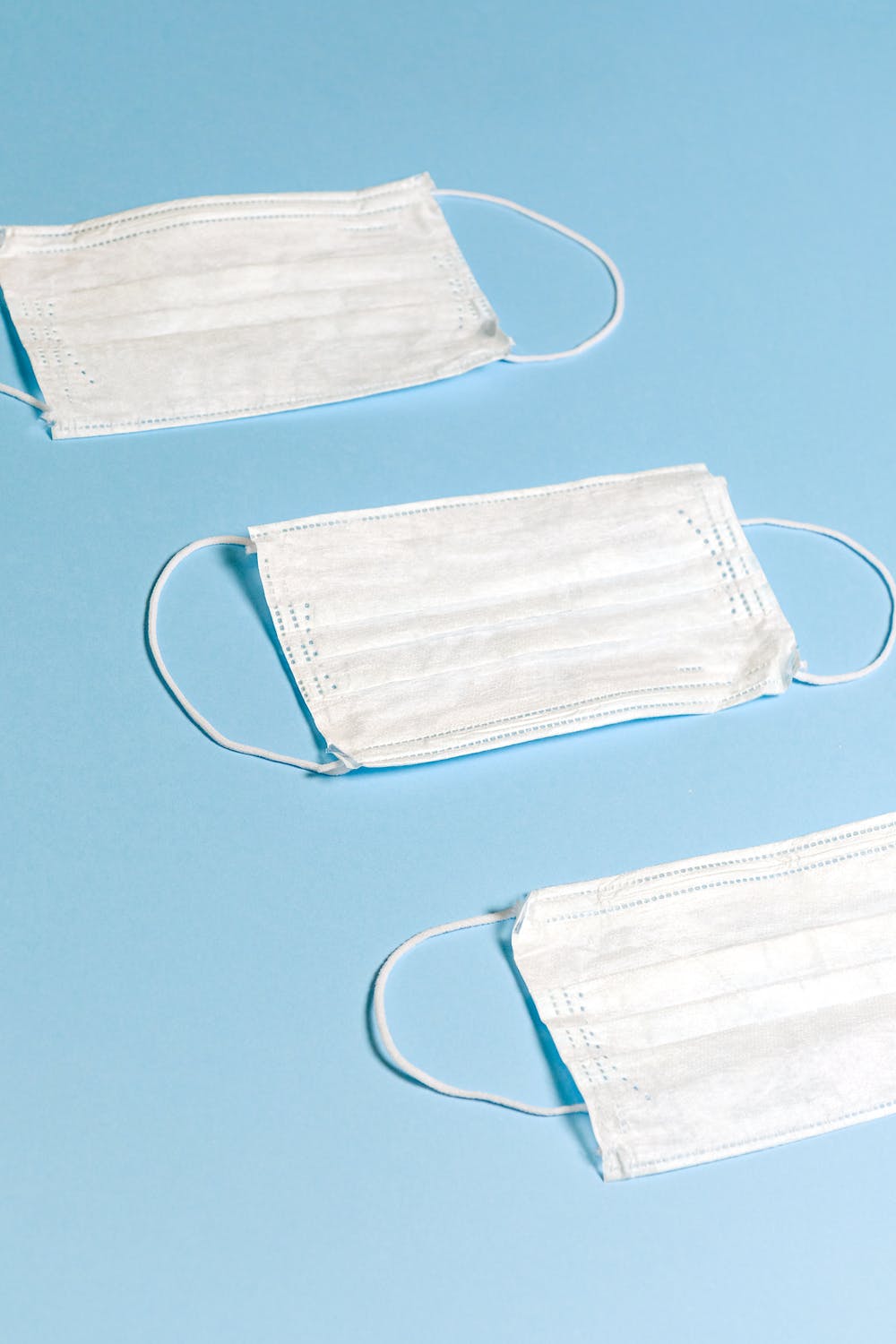Author Interviews, COVID -19 Coronavirus, Hematology / 04.12.2020
COVID-19: IVIG Reduced Progression to Ventilator and Shortened Hospital Stays in Sicker Patients
MedicalResearch.com Interview with:
George Sakoulas, MD
Sharp Memorial Hospital and
Sharp Rees-Stealy Medical Group Associate Adjunct Professor
UC San Diego School of Medicine
San Diego
MedicalResearch.com: What is the background for this study? Would you briefly explain what is meant by IVIG?
Response: IVIG stands for intravenous immunoglobulin. It is a preparation from pooled blood donors isolating antibodies in their blood and highly concentrated for use. It's uses are to either replace immunoglobulins in patients who do not produce enough of them because of some underlying immunodeficiency or, as in the case of COVID, they take advantage of the immune signaling properties of the non-variable part of the antibodies. Many immune cells have receptors that bind the non-variable (also called the Fc-gamma region), and when bound, the activity of these activated immune cells is modulated. IVIG is used in many immunologic complications of infections like Guillan-Barre, Kawasaki's disease, immune mediated encephalitis from mycoplasma, just to name a few. We decided to study IVIG because:
- Our anecdotal yet successful use of IVIG in treating ARDS due to influenza and other viruses.
- Our very definitive successful use of IVIG in a very sick patient with COVID early in the pandemic.
- The weak yet positive retrospective data from China of IVIG in COVID.
- The mechanism of IVIG inhibiting neutrophil extracellular trap (or NETS) thought to play an important role in COVID severe disease.
- IVIG has been around to 4 decades and many physicians have a level of prescribing comfort.





















